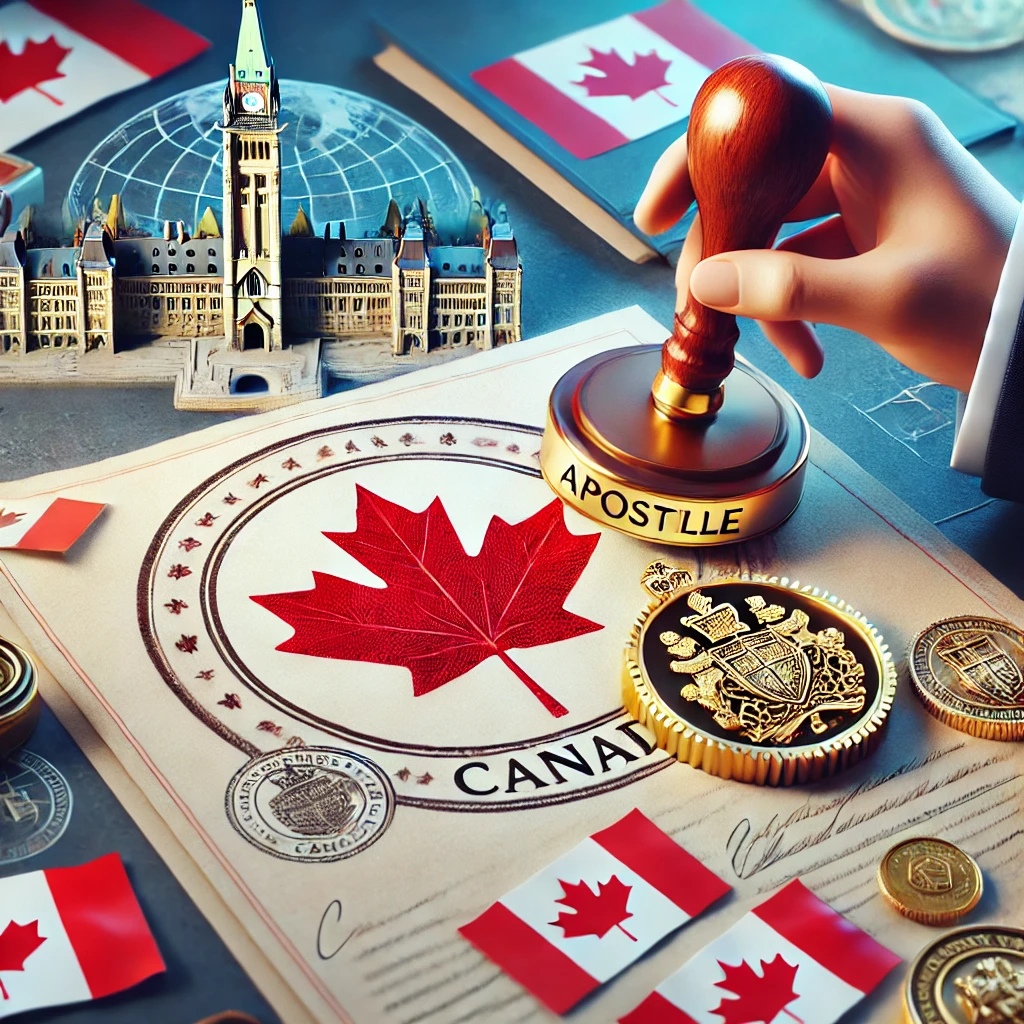An Apostille is a certification that authenticates the origin of a public document, making it valid for use in foreign countries that are signatories to the Hague Convention of 1961. This international treaty was established to streamline the process of legalizing documents for cross-border recognition, replacing the often cumbersome and varied processes that existed before.
What Does an Apostille Do?
The primary function of an apostille is to certify the authenticity of the document's origin, the signature, the capacity of the person signing, and any seals or stamps it bears. For example, if you need to use a birth certificate, marriage license, or academic degree in another country, an apostille serves as proof that the document is legitimate and can be trusted by foreign authorities.
Global Importance and Recognition
As of 2024, over 125 countries recognize the apostille, including most of Europe, significant parts of Asia and Latin America, and even countries like Canada, which joined in January 2024. The apostille eliminates the need for further authentication or legalization, allowing documents to be accepted directly in all member countries. This global recognition is crucial for businesses, students, and individuals involved in international legal matters, making cross-border transactions and activities smoother and more efficient.
The Apostille Process
The process of obtaining an apostille generally involves the following steps:
- Notarization: Some documents must first be notarized by a notary public its best to check the requirements.
- Submission to the Competent Authority: The document is then submitted to the designated Competent Authority in the country where the document was issued. In Canada, for example, this could be the Alberta Ministry of Justice or Global Affairs Canada.
- Issuance of the Apostille: The Competent Authority issues the apostille, which is typically affixed to the document or attached as a separate sheet.
The entire process is usually quick, often taking just a few days to a week, depending on the country and the specific document.
Limitations and Considerations
While the apostille simplifies international document use, it is not without limitations. Documents intended for countries that are not members of the Hague Convention will still require the traditional process of authentication and legalization. Additionally, some countries may require additional steps even after an apostille has been obtained.
The cost of obtaining an apostille can vary widely depending on the country and the type of document. In some countries, the fees are minimal, while in others, they can be significant. It’s important to check with the relevant authorities to understand the specific requirements and costs involved.
Conclusion Trust The Experts @ Global Document Solutions
In an increasingly interconnected world, the apostille plays a vital role in ensuring that public documents are recognized and accepted across borders. Whether for personal, academic, or business purposes, understanding the apostille process is essential for anyone engaging in international activities. As more countries join the Hague Convention, the reach and importance of apostilles will only continue to grow, facilitating smoother global interactions.
When navigating the Apostille process, especially for important legal, academic, or business documents, it is highly advisable to hire a professional service. The process involves multiple steps, such as notarization, submission to the correct authority, and ensuring that all details are correctly handled to avoid delays or rejections. Professional Apostille services have the expertise to manage these intricacies efficiently, saving you time and reducing the risk of errors. They are also well-versed in the specific requirements for different countries, ensuring that your documents meet all necessary criteria for international acceptance. By using a professional service, you can have peace of mind knowing that your documents will be authenticated correctly and promptly, facilitating your cross-border endeavors without unnecessary complications


